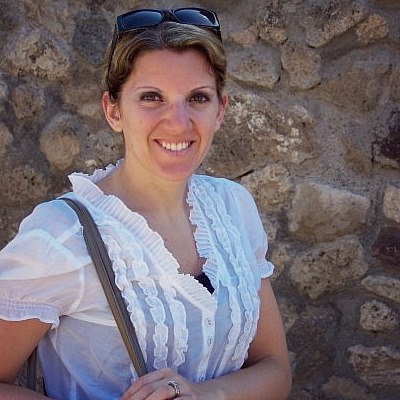
Jessica Reino
Editor
Have you ever found yourself thinking, I really should write a book about that, and then never do it and follow through?
Do you have personal experiences to share or perhaps professional or business experiences that may benefit others? Maybe you enjoy creative writing and have a notebook full of stories, but the whole publication process seems daunting.
Not to worry, here are some tips that I would like to call the “Who, What, Where, When, How, and Why Plan to Publication”. Hopefully these tips can help you along your writing journey and help you decide if publishing your work is right for you.

Photograph via Eli Francis
1. WHO- First and foremost, if you are considering publication, it should be because you have a story or information that is just yearning to make its way onto the page and be shared with others. It is my belief that writing should never be forced. Sure you have certain topics or deadlines that may not be entirely up to you, but your writing should always be authentic and you should enjoy the end product.
Be sure that you are writing for you first. Do not write what you think people want to read. Do not write for current trends or what you think an editor or agent may want. Write your story and an audience will follow. (I hope it goes without saying that none of these works should incite discrimination, hate, racism, illegal acts, etc. but I will say it anyway just to be clear.) And, even though you will be writing your story, you do need to take into consideration who that audience will be, which brings us to the next step in the plan.
2. WHAT- Now that you have your story, what is that story going to be? No matter what you are writing, you need to find your writer’s voice and that voice needs to fit into a genre. If you are writing non-fiction, is it going to be based on your personal or professional background, are you really good at interviewing and researching facts to write about a topic that you may not be familiar with? Do you have a substantial platform to speak as an expert in a particular subject?
If you are considering a work of fiction, what type of fiction are you going to pursue? Explore what genres you would like to work in and know the elements that make up that genre.
Know the type of book that you will be writing in order to categorize it.
3. WHERE do you see your work being shelved? This is very important in your publication plans. Do you see yourself as a writer of multiple books and therefore, your books will be in print as well as e-format? Do you want to have your work published as an e-book alone?
Asking yourself this question will also help to establish how you would like your writing to go and if you want to have a writing career or write books based upon knowledge gained in your career. Once that question has been answered, it will help you in the next step.
4. HOW- do you see your work being published? Would you want to self-publish or go the traditional publishing route, possibly acquiring an agent as well? As with all things, deciding which publishing route to take depends on the writer and the work itself and all work on different timeframes, which brings us to the next step.
5. WHEN would you like to see your work out in the world? If you are self-publishing, you are in control of your publication timeline. If you decide to go the traditional publishing route, it can take months to years.
This is also a good time to decide when you can focus on your writing. This is different for everyone depending on your current responsibilities and workload. Some writers like to write every day for a certain amount of hours. Some writers have a word count goal for the day and others write when they can. The important thing is figuring out when and what works for you, but the most important thing really should be:
Photograph via Luis Llerena

6. WHY are you writing? As mentioned in number 1, you should be writing for you first. The most important thing to drive you in your writing journey is a passion to write the story and it will come through to your readers.
This would also be a good time to assess how serious you want to be about your writing. You may want to consider taking some writing courses, possibly pursuing an advanced degree in writing or publishing. It may also be a good time to find a local or online writing/critique group as well as becoming a member of a professional writing organization.
Use social media to your benefit and follow writers, editors, and publishers on Twitter. There are tons of Twitter events where you can pitch your ideas to submit to an agent or editor as well as follow certain hashtags like #askagent, #askeditor, #MSWL, #amwriting, #querywin to name a few, and gain great advice from writers, agents, and editors alike.
In fact, if you are thinking about writing a novel of 50,000 words or more, NaNoWriMo will be staring on November 1st and it is a great way to jump in, meet other writers, and stick to a writing schedule. Visit www.NaNoWriMo.org for more details.
So good luck and get writing! You will be amazed at where your ideas may take you.
More About Jessica Reino: Kidlit writer, editor for @pandamoonpub, foodallergy advocate, wife and mom to two amazing boys who keep me on my toes. Find out more at www.jessicareino.me.






